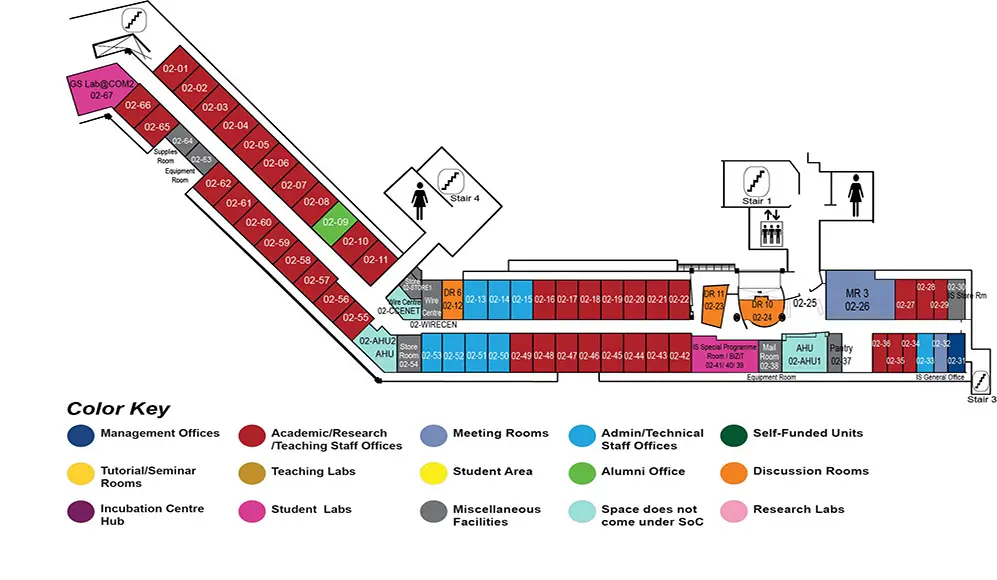EFFICIENT COMPUTATION OF DIVERSE QUERY RESULTS
COM2 Level 2
MR3, COM2-02-26

Abstract:
Query result diversification aims to enhance the quality of query results presented to users
by ranking the results based on diversity so that more informative results are presented
first. In this thesis, we study three problems related to the efficient computation of diverse
query results. Firstly, we study the problem of evaluating diversity queries in the
context of relational database systems where query results are diversified with respect to
a sequence of attributes (known as the d-order) such that attributes that appear earlier
in the d-order have higher priority for result diversification. We design a new indexing
technique (termed D-Index), which is based on a trie-like structure, to efficiently evaluate
diversity queries. Our experimental evaluation demonstrates that the D-Index not only
outperforms the state-of-the-art techniques by up to a factor of 2.7 for diversity queries
with static d-orders but also outperforms baseline techniques by up to a factor of 3.5 for
diversity queries with dynamic d-orders.
Secondly, we study the optimization problem of evaluating multiple diversity queries in
an online environment, and develop three new evaluation techniques. The first optimization
technique aims to improve query response time by judiciously reordering queries
to increase opportunity for shared index scans. The second optimization is an adaptive
query evaluation technique that enables an existing running query to dynamically switch
to a different index scan that is used for evaluating a new query. The third optimization is
an online index tuning technique that leverages the results of an index scan evaluation to
create a new index at the same time. Our experimental evaluation demonstrates that our
proposed optimizations can improve performance by up to a factor of 2.
Finally, we study the novel problem of computing diverse query results in the context
of spatial keyword search which is useful for applications such as trip-planning. We
introduce two new types of spatial keyword queries to compute top-k diversified result
groups where each result group is a collection of closely located objects that match the
specified keywords. The first type of query diversifies the result groups based on the
semantic diversity of the objects while the second type of query additionally diversifies
the spatial locations of the result groups. We propose a novel Quadtree-based indexing
technique (termed OQ-tree), which uses both overlapping space decompositions as well as
precomputed summary information, to efficiently evaluate both types of spatial keyword
queries. Our experimental evaluation demonstrates that the OQ-tree outperforms baseline
techniques by up to a factor of 20.

